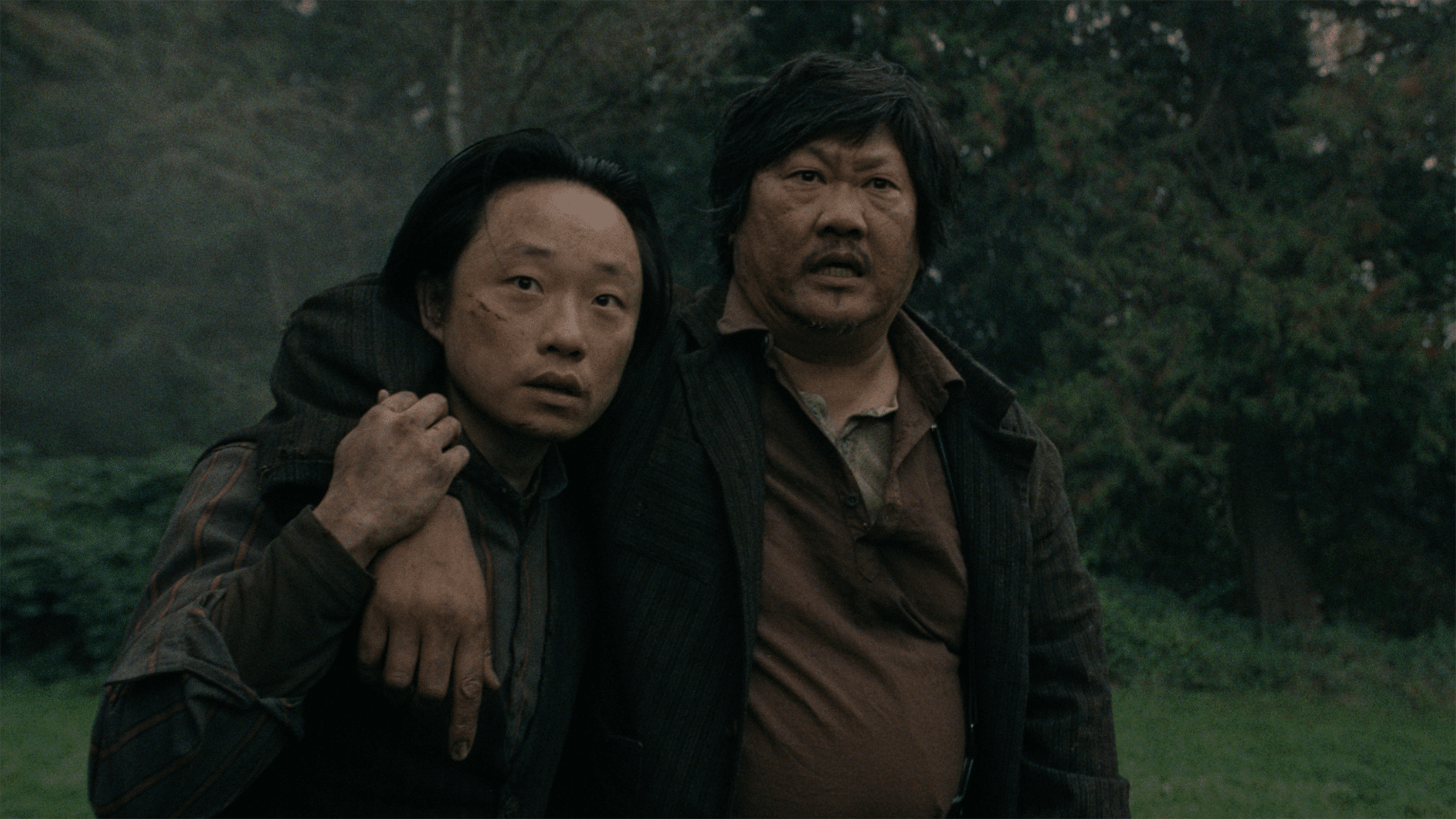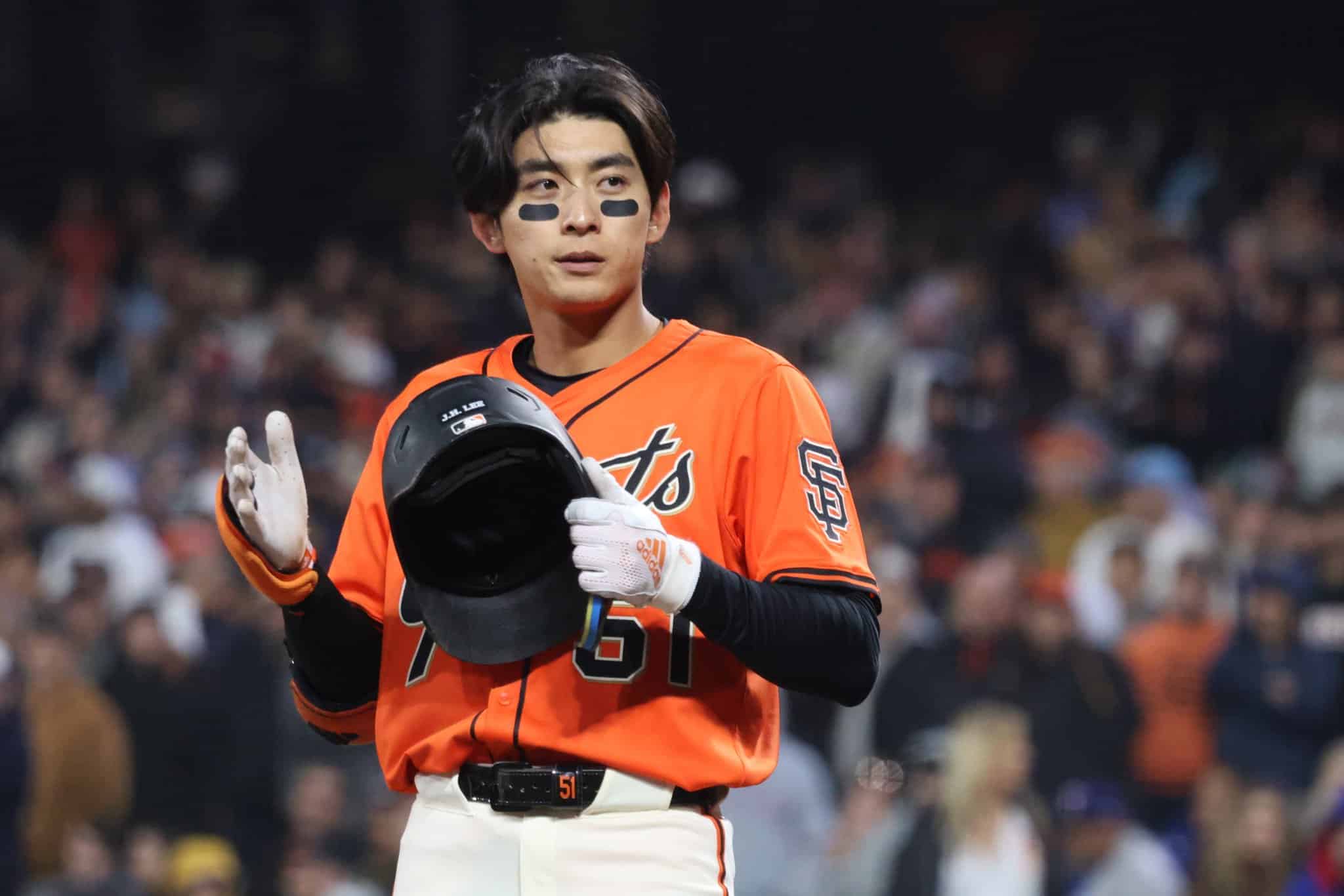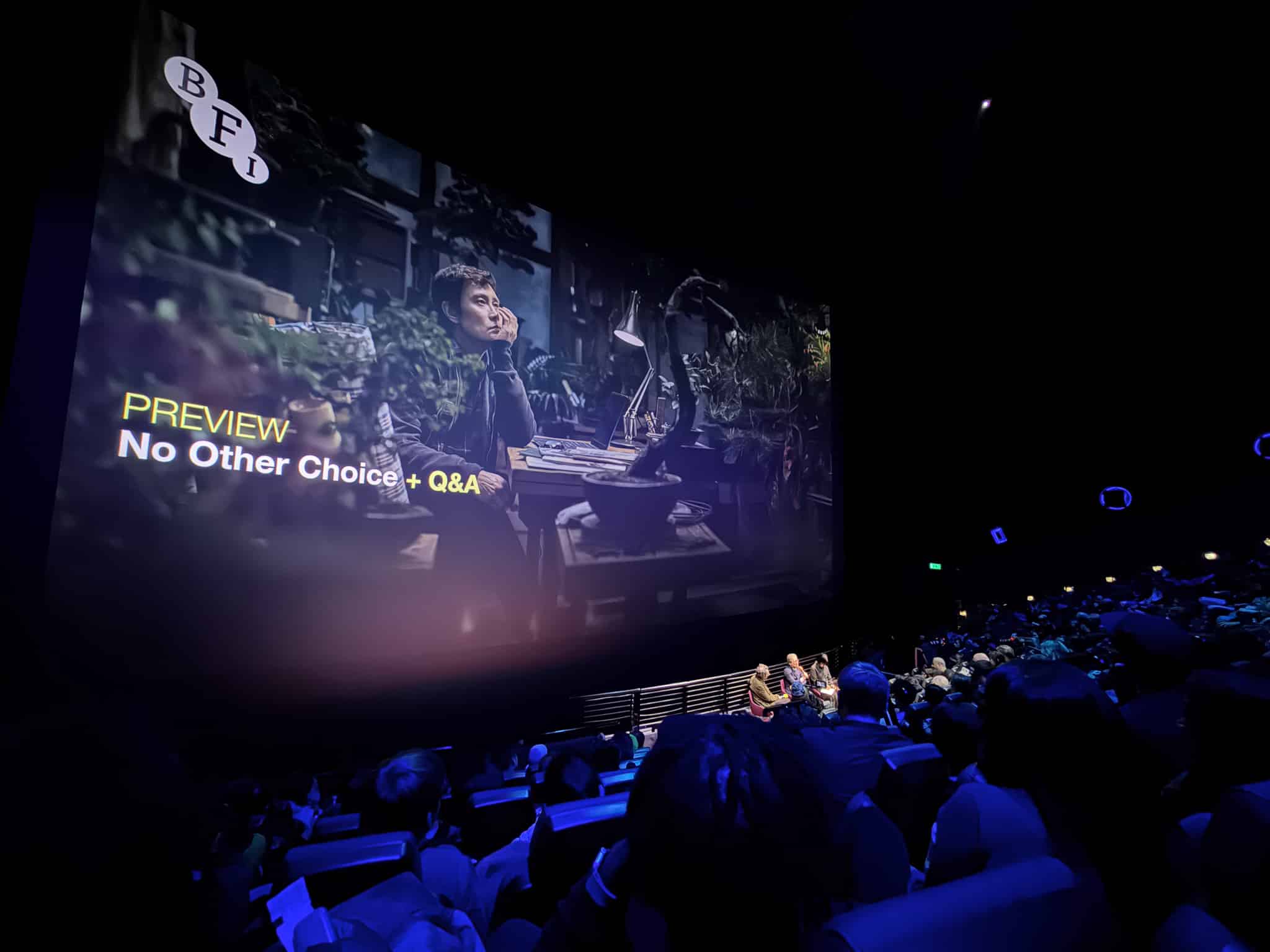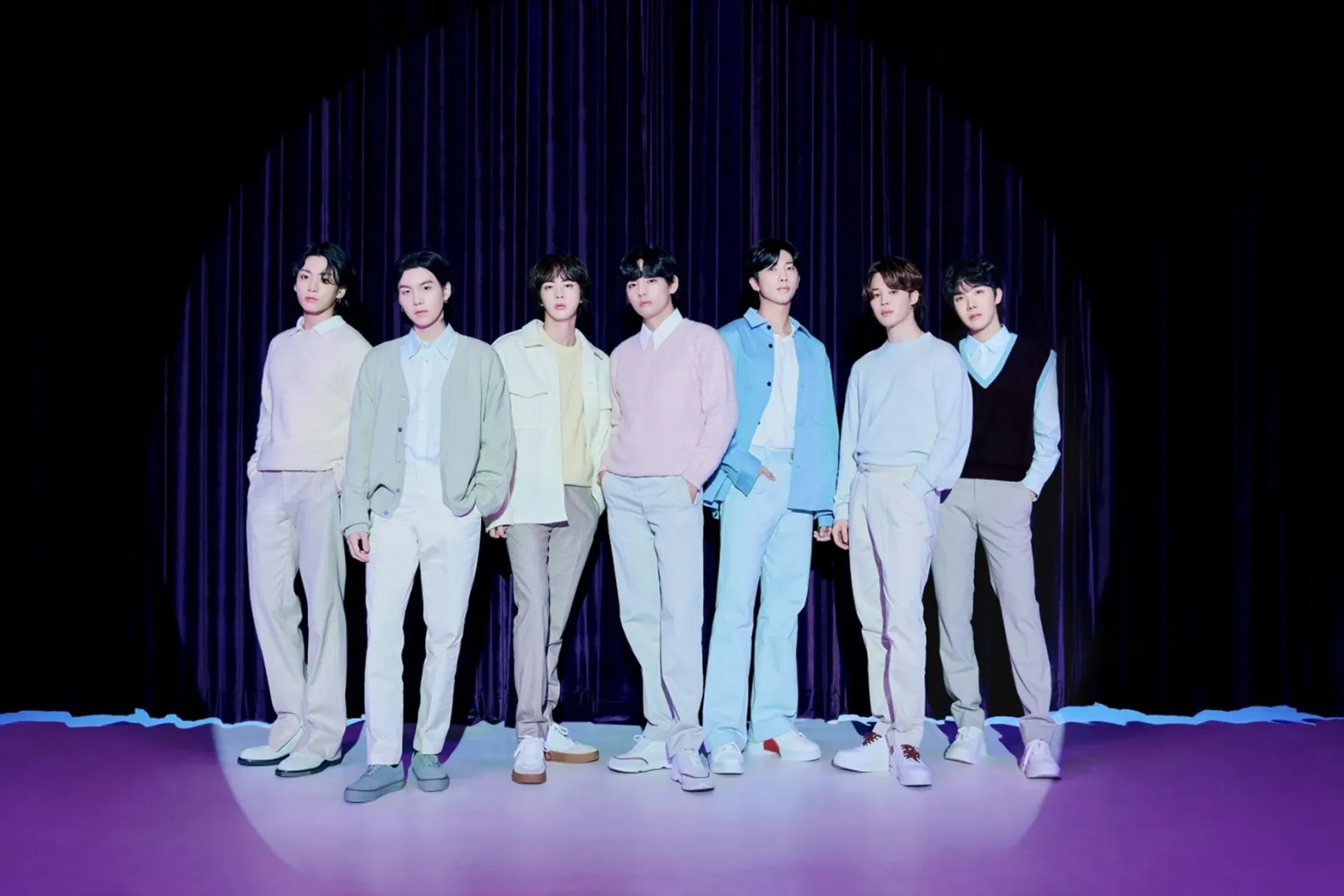Daniel Dae Kim has highlighted Flower Drum Song for its influence on his career and the wider Asian American community.
In an interview, the Hawaii Five-0 star reflected on growing up without Asian influences until he saw Flower Drum Song.
“I think the thing that has had an impact on my life is the Rodgers and Hammerstein movie, Flower Drum Song,” he recalled. “And the reason that had such an impact on my life was because when I started acting, it was in the early ‘90s, and I had grown up to think that there were no Asian leading men or leading women.”
Flower Drum Song is a 1961 musical based on the 1957 novel of the same name by C.Y. Lee. Set in San Francisco’s Chinatown in the late 1950s, its story revolves around the lives of Chinese immigrants and their American-born children as they navigate issues of tradition, cultural identity, love, and generational clashes.
Read more: New Film ‘Black Tea’ Explores ‘Complex Chinese-African Relationship’
The musical follows Mei Li (Miyoshi Umeki), a young woman who arrives in San Francisco as a mail-order bride but falls in love with Wang Ta (James Shigeta), the son of a wealthy Chinatown nightclub owner. Conflict arises as Mei Li competes for Wang Ta’s affection with his childhood friend, Linda Low (Nancy Kwan), a nightclub singer.
Kim recalls how the film left him in awe with its relatable cast and environment. “I saw this movie one night on VHS, that gives you an idea of when it was, and I remember my jaw was literally hanging open,” he said. “Because here I saw a completely Asian American cast, without accents, [showing the] spectrum of humanity [and] life [in] San Francisco in the ‘50s and ‘60s. I thought to myself, I’d been taught all along that we didn’t exist, but we did.”
The Lost actor praised the cast for their performances too. “And not only did we exist, but I’m seeing people like James Shigeta and Nancy Kwan doing glorious things on screen,” he added “When people said “oh, Asian people can’t be this or can’t be that,” here was the evidence [that we could be anything]. Here was the receipt.”
Flower Drum Song served as a teachable moment for Kim, who regards it as a reason for creating Asian American content today. “That movie was shot in the ‘60s and by a pair of composers who were traditionally known for doing very Americana type stories. And I thought to myself, we can do this. We have the proof. We have the history, there’s no reason why we can’t and it reinforced in me this idea that there were institutionalized reasons why we were not given the opportunity.”
Read more: Spy Drama ‘The Sympathizer’ Starring Hoa Xuande, Sandra Oh, and Robert Downey Jr Debuts in April
The landscape has since improved with a vast amount of Asian Americans making their presence known in the industry. “I also remember when I was starting out as an actor, I kept hearing ‘Oh well, Asian people can’t be funny.’ Now you look today at people like Ali Wong, Ronny Chieng, Ken Jeong, Jimmy O. Yang, Jo Koy… the list goes on. But we’ve always been there, we’ve never not been able to do these things. We’ve just never been able to have the opportunity,” he said.
“That sense of community is so apparent in every frame [of Flower Drum Song]. The fact that they are unapologetically Asian in this movie is something that we strive for today, to be unapologetic about who you are in general. And the fact that they were doing this back then it just shows you again that it’s not a matter of “if.””
Friends actress Lauren Tom also considers Flower Drum Song as a major influence on her career. “I didn’t have very many role models to be honest,” she said to Resonate in an interview. Tom played Ross’s girlfriend and Rachel’s arch-nemesis in the second season of the hit series.
Read more: INTERVIEW: Lauren Tom – [Part 1]: Being the first Asian on ‘Friends’ as ‘Julie’
“The people that I was able to see were Nancy Kwan and Flower Drum Song. People had to do more what we would call ‘stereotyped roles’. They had to because that’s all that was being offered to them.”










